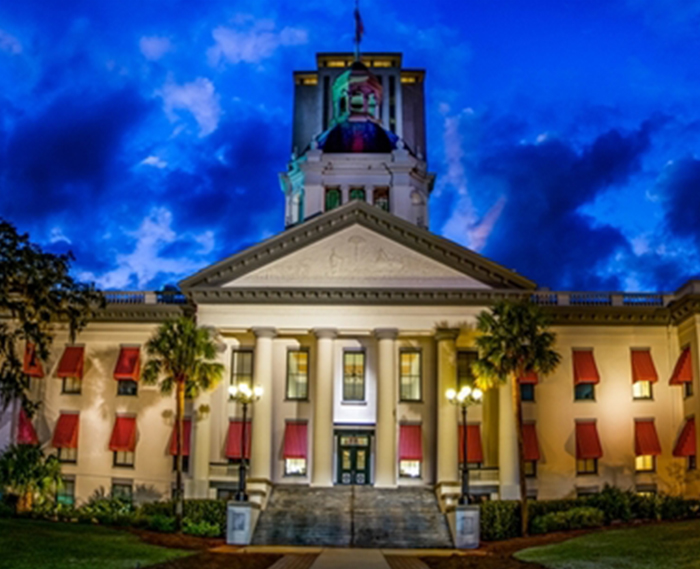
Upcoming Deadline for Elevator Upgrades
By December 31, 2023, safety door closing devices must be installed on all elevators in Florida. These requirements originated with the DBPR and were incorporated within the Florida Administrative Code and the Florida Building Code.
On March 23, 2021, the DBPR adopted Section 61C-5.001, Florida Administrative Code, which incorporates several provisions of the American Society of Mechanical Engineers (“ASME”) Safety Code for Elevators and Escalators (ASME A17.1-2016) and the Safety Code for Existing Elevators and Escalators (ASME A17.3-2015). Part of this Code is section 3.10.12, which governs “Systems to Monitor and Prevent Automatic Operation of the Elevator with Faulty Door Contact Circuits.”
The DBPR notice specifies that all conveyances (which is defined to include elevators pursuant to the Florida Elevator Safety Act, Ch. 399, Fla. Stat.) licensed by the State of Florida Bureau of Elevator Safety must be in compliance with the above code by December 31, 2023. Copy of this DBPR notice can be found here: Elevator Safety – News Room – MyFloridaLicense.com.
Additionally, Section 3001.5.3 of the Florida Building Code 7th Edition provides that all existing elevators shall comply with ASME A17.3.
Pursuant to section 399.02(5)(b), Fla. Stat., an elevator owner is responsible for the safe operation, proper maintenance, inspection and correction of code deficiencies of the elevator after a certificate of operation has been issued by the department. Thus, a community association, as the owner of an elevator(s), is responsible for the correction of any code deficiencies. This means that the elevator(s) must be brought up to code by the 12/31/23 deadline unless it is already up to code. There are no grandfathering provisions, however, section 399.02(8), F.S., provides that the Division may grant variances for an “undue hardship,” (e.g. a demonstrated economic, technological, legal, or other type of hardship to the person requesting the variance or waiver). However, the Division will not grant a variance if doing so will adversely affect public safety.
If you have one or more elevators in your community, please work with your association counsel to discuss this upcoming deadline and the following steps:
- Confirmation whether your contract with your elevator service company requires them to make this Code upgrade or you have the ability to contract with another company of your choice.
- Attorney review of your door lock monitoring or elevator modernization contract.
- Identification of owners who may need to be relocated if a functioning elevator is not available.
- Funding options for the project.
- Penalties/Consequences for missing the deadline
For those of you who are impacted by the new Florida safety law (SB 4D), please visit our webpage at www.Flbuildingsafety.com which is updated regularly to provide fresh information. Please remember that the earliest deadline associated with this new law is the end of 2023 to submit the required Building Report to the DBPR. That Building Report can be found on our webpage and takes less than two minutes to complete.
As summer winds down, the entire CALL Team wishes you each a pleasant and enjoyable autumnal equinox which arrives this year on Thursday, September 22nd. This date marks the start of fall in the Northern Hemisphere and spring in the Southern Hemisphere. In Florida, we don’t have fall foliage to mark this change in season but we know it’s here thanks to the ubiquitous pumpkin spice offerings everywhere!
